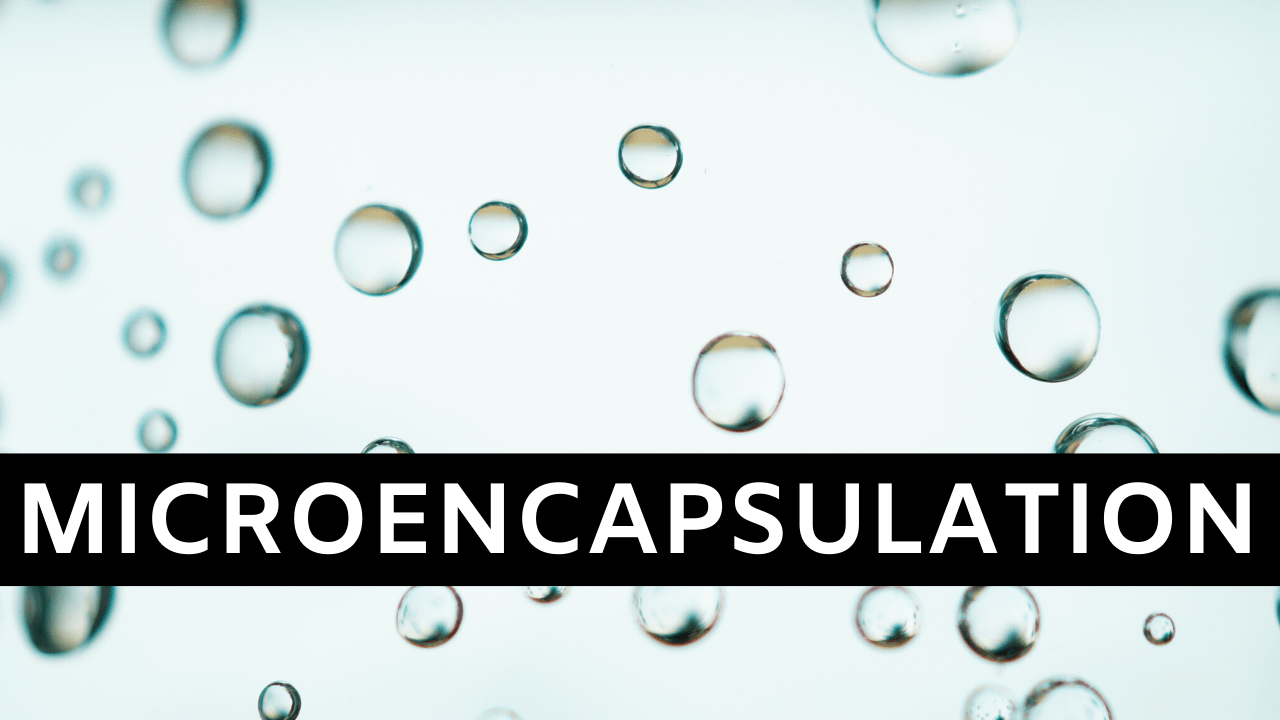What Is Micro encapsulation Technology?
Micro encapsulation is a process by which we apply a protective coating called a matrix around a small particle called the core or the active. The matrix keeps an active ingredient locked in and stabilized until the release of the material is desired. Micro capsules are of the size 0.2-5000 micrometers. They have a core material and a coating material. This coating material dissolves itself through a specific stimulus, releasing the core in the ideal place or at the ideal time.
Applications Of Micro-encapsulation Technology
Micro encapsulation has numerous applications in areas such as the pharmaceutical, agricultural, medical, and food industries that are widely used in the encapsulation of essential oils, coloring, flavorings, sweeteners, microorganisms, among others.
Benefits Of Micro-encapsulation Technology
There are many benefits to the food or supplement manufacturer that can be achieved through encapsulation. Encapsulation helps prevent loss of nutrient potency that occurs during processing. It protects the ingredients encapsulated from moisture, acids, ingredient interactions, heat, and exposure to oxygen. It is engineered in such a way that the nutrient is released when desired, for instance at a specified temperature or in the stomach for digestion. It increases consumer acceptance by minimizing unpleasant tastes and odors associated with certain nutrients. Encapsulated ingredients are dry and free-flowing, hence easy to handle. The stability afforded by encapsulated ingredients allows the measuring and delivery of precise levels of the desired nutrient.
Encapsulation is critical to products such as medical foods, pharmaceuticals, and meal-replacement products where characteristics such as stability, bio availability, delivery, and effectiveness are closely regulated.




